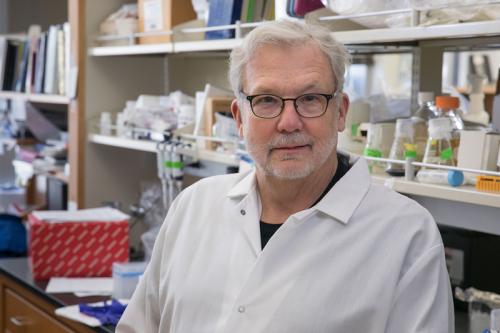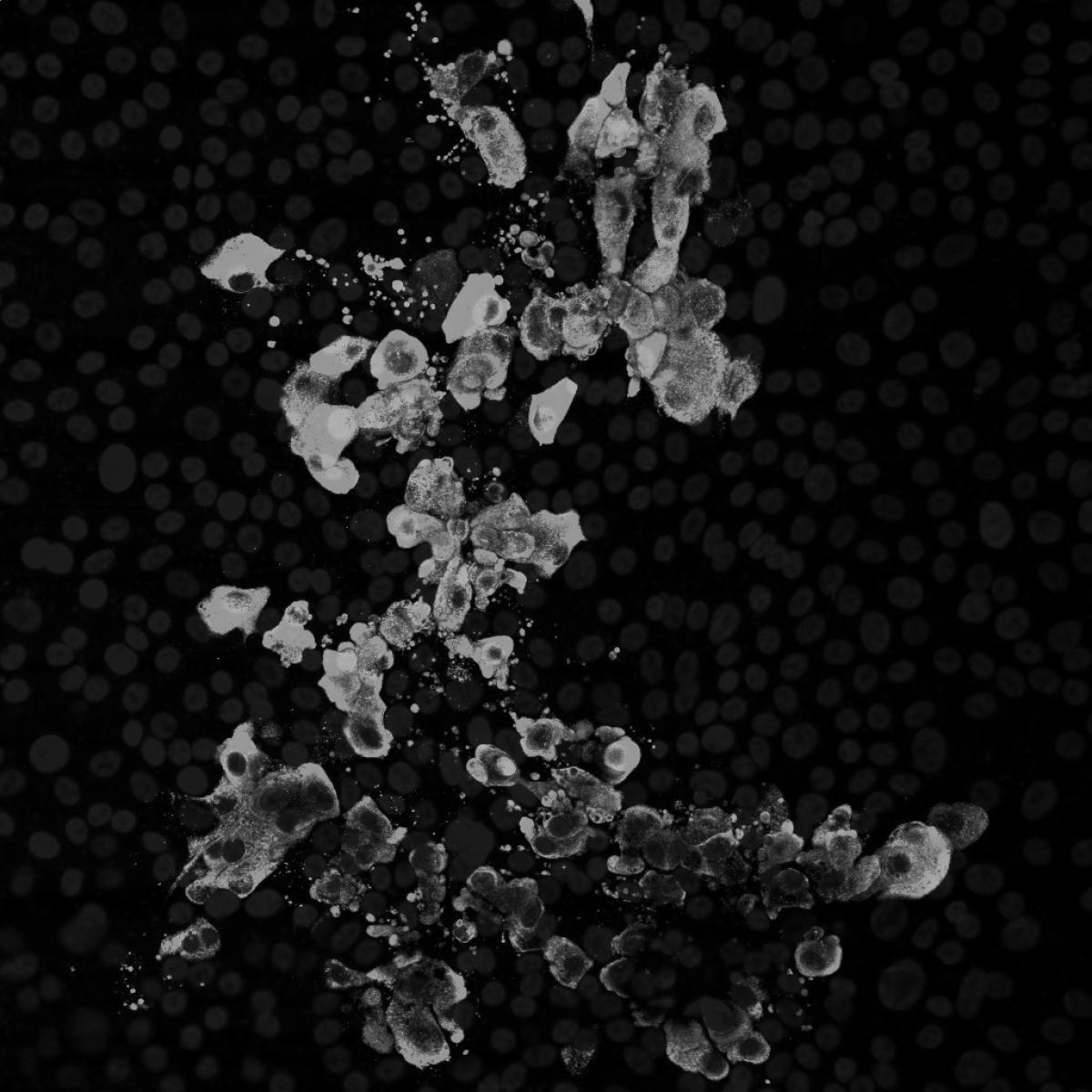
John S. Adams, M.D.
- Distinguished Professor, Orthopaedic Surgery
- Distinguished Professor, Molecular, Cell and Developmental Biology
- Associate Director, UCLA Alpha Clinic
- Director, UCLA Orthopaedic Hospital Research Center

John S. Adams, M.D., is a translational scientist who spent over four decades studying how vitamin D regulates the human skeletal and immune systems. Adams sought to apply this research to develop novel means of restoring vitamin D balance to enhance the body’s resistance to bone infections and diseases such as osteoporosis.
Adams served as the founding director of the UCLA Alpha Clinic from 2014 to 2022. Now, as associate director of the clinic, he continues to advance its mission of helping researchers overcome common roadblocks to launching clinical trials and supporting their efforts to enroll Californians in need.
Trained clinically as an endocrinologist, Adams’ research focuses on sterol synthesis and metabolism, vitamin D and steroid hormone action and osteoporosis. He discovered that vitamin D plays an essential role in the body’s fight against infections such as tuberculosis, a lung disease that causes an estimated 1.8 million deaths annually worldwide. He seeks to uncover the novel means by which vitamin D regulates gene expression in extraskeletal tissues and discover new interventions for restoring normal vitamin D balance in subjects with suppressed innate immunity secondary to vitamin D deficiency.
As director of the UCLA Orthopaedic Hospital Research Center, Adams brings together multidisciplinary teams of scientists and clinicians to develop novel means of regenerating bone and joint tissue in adults and children. This regenerative process is supported by stem cells in the bone marrow, called skeletal stem cells. As people age, skeletal stem cells produce fewer bone cells and more fat cells, resulting in brittle bones that are prone to fracture. Adams studies the genetic processes by which skeletal stem cells are driven to form bone, not fat, in order to inform the development of therapies that can increase bone cell production and prevent osteoporosis.
Adams is also committed to mentorship and training endeavors that build stable institutional infrastructure in support of clinician scientists, especially surgeon scientists, who have long been overlooked in this regard.
Upon his retirement in 2022, Adams merged his research efforts with that of Nick Bernthal, M.D., current chair, orthopaedic surgery. He remains a scientific consultant on the basic and translational elements of human orthopedic disease mouse models.
Research Projects
- Developing new antimicrobial approaches to treat infection of orthopedic wounds
- Defining the role of platelets as “first responders” in supporting the immune system and fighting off infection in orthopedic wounds
- Identifying how the immune system responds to bacterial joint infections resulting from artificial implant surgery
-
Medical Board Certification
- Endocrinology, Diabetes and Metabolism, American Board of Internal Medicine
Fellowships
- Endocrinology, Diabetes and Metabolism, Massachusetts General Hospital, 1982
- Endocrinology, Diabetes and Metabolism, University of Kansas School of Medicine, 1979
Residency
- Internal Medicine, University of Kansas School of Medicine, 1978
Degree
- M.D., University of Kansas School of Medicine, 1974
-
